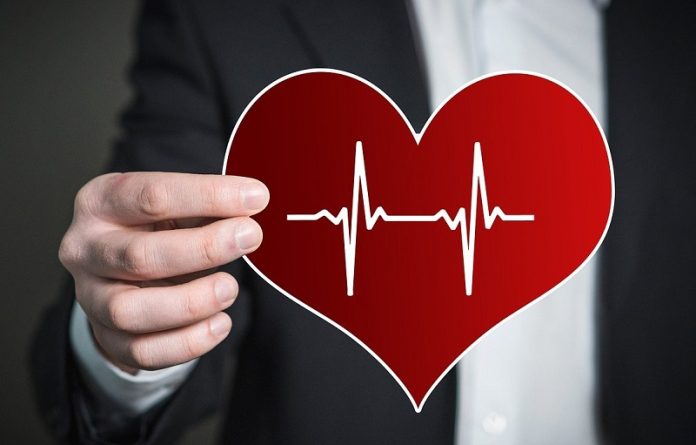
Recovering from heart surgery is a significant journey, one that requires careful attention to the advice of healthcare professionals, as well as patience and commitment from the patient.
Heart surgeries, such as bypasses, valve replacements, or repairs, are major medical procedures, and recovery can vary greatly among individuals.
However, there are some universal tips that can help anyone in their recovery process, improving their chances of a smooth and successful outcome.
First and foremost, it’s crucial to follow your doctor’s advice closely. After surgery, you will likely receive a lot of information and instructions from your healthcare team.
This can include how to care for your healing incisions, what medications to take, signs of potential complications to watch out for, and when to schedule follow-up appointments.
Adherence to these instructions is paramount because deviating from them can delay your recovery or worsen your health.
Managing pain is also an essential part of recovery. After heart surgery, some degree of pain is common, but your doctors will provide you with pain management options.
Effectively controlling pain is crucial for your ability to participate in rehabilitation and complete daily activities, which are vital parts of the healing process. Always communicate with your healthcare team if you feel that your pain isn’t well managed.
Physical activity is another key element of recovery. While it might seem counterintuitive to move around after such a significant operation, gentle exercises are beneficial and usually recommended soon after surgery.
Activity helps to improve circulation, which is critical for preventing complications such as blood clots. It also aids in faster recovery of bodily functions and can improve your energy levels. Typically, a physical therapist will guide you through specific exercises tailored to your condition and recovery stage.
Equally important is to gradually increase your activities at home according to your recovery plan. This might start with walking around the house, gradually increasing the distance and frequency of walks outside as your strength and stamina improve.
Always consult with your healthcare provider before increasing or changing your activity levels.
Nutrition plays a critical role in healing. Eating a heart-healthy diet can aid significantly in recovery. This diet includes plenty of fruits, vegetables, whole grains, lean proteins, and healthy fats, which can help reduce inflammation and provide the nutrients needed for healing.
Avoiding salt, sugar, and unhealthy fats is also crucial. In some cases, you may be referred to a dietitian who can help tailor your diet to your specific needs, especially if you have dietary restrictions or need guidance on making heart-healthy choices.
Mental health is just as important as physical health during recovery. It’s common to experience feelings of anxiety, depression, or stress after heart surgery, which can affect your recovery.
Engaging in activities that you find relaxing, such as reading, listening to music, or meditation, can be beneficial. Don’t hesitate to seek support from counseling or support groups if you find your mental health is affecting your daily life.
Finally, regular follow-up visits with your healthcare team are crucial. These visits allow your doctors to monitor your recovery, make adjustments to your medications, and address any concerns you might have.
They are also important opportunities to discuss your progress and any symptoms you’re experiencing.
In conclusion, recovering from heart surgery is a delicate time that demands attention to medical advice, managing pain, physical activity, proper nutrition, and mental health support.
Each of these components is crucial for a smooth recovery and helps to ensure the best health outcomes. Remember, recovery doesn’t happen overnight, and patience and diligence are your best allies as you work towards regaining your strength and health.
If you care about heart health, please read studies about how eating eggs can help reduce heart disease risk, and herbal supplements could harm your heart rhythm.
For more information about health, please see recent studies that olive oil may help you live longer, and vitamin D could help lower the risk of autoimmune diseases.
Copyright © 2024 Knowridge Science Report. All rights reserved.



